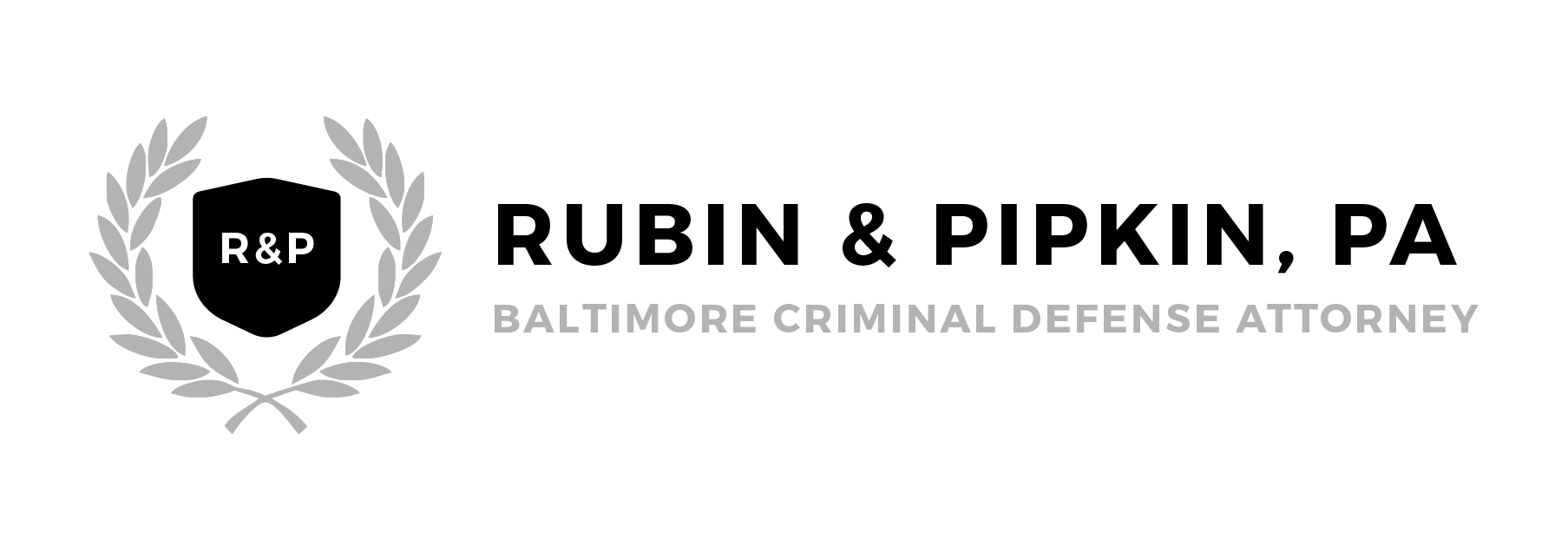29 Apr Maryland Takes First Steps Towards Reforming Harsh Sentences
High recidivism rates mean state’s prison system has become a ‘revolving door’
In line with other states that have taken similar measures, Maryland lawmakers recently advanced a measure that would create a council for studying ways to reduce recidivism rates and reform sentencing laws, according to the Herald-Mail. The move comes as a broader effort is underway in both Maryland and across the nation to reduce prison overcrowding and create a fairer justice system. The reforms are likely to focus on sentences for nonviolent drug offenders, who currently account for a disproportionate share of the state’s prison population.
Criminal Justice Reform
The Justice Reinvestment Coordinating Council, which would be set up by the proposed bill, would look at ways of lowering recidivism rates while keeping crime low. The council’s recommendations would then direct lawmakers on how best to tackle sentencing and criminal justice reform in Maryland.
A separate bill, SB111, could also lead to significant criminal justice reform. As the Washington Post reports, the bill would take parole decisions out the hands of the governor and instead hand them over exclusively to the Maryland Parole Commission. Proponents of the bill note that many offenders are serving what amounts to life sentences because political concerns have prevented them from being granted parole, even when the Parole Commission itself has recommended parole.
Drug Sentencing Reform
Maryland will join 26 other states that have already set up commissions to study ways to reduce prison populations and recidivism rates. In recent years there has been increasing bipartisan support for sentencing reform, especially concerning nonviolent drug offenders. Critics of the current justice system point out that drug offenders are serving lengthy prison sentences during which time they receive little or no treatment to help them recover from any drug addiction problems they may have.
That lack of treatment has created a disturbingly high recidivism rate. In Maryland, 40 percent of people released from prison end up re-offending within three years and being sent back to prison. Not only does such a high recidivism rate keep offenders themselves from rebuilding their lives, but it impacts entire communities by keeping parents incarcerated and forcing families to cope with the emotional and financial toll of a having a loved one in prison.
Criminal Defense
Being charged with a criminal offense can be confusing and frightening, especially for those who have never been charged before. Often the best way of mitigating the damage caused by such charges is by contacting a highly qualified criminal defense attorney. An experienced attorney can not only fight to uphold his client’s constitutional rights, but may be able to potentially lessen the damage that a criminal record would otherwise cause.


Sorry, the comment form is closed at this time.